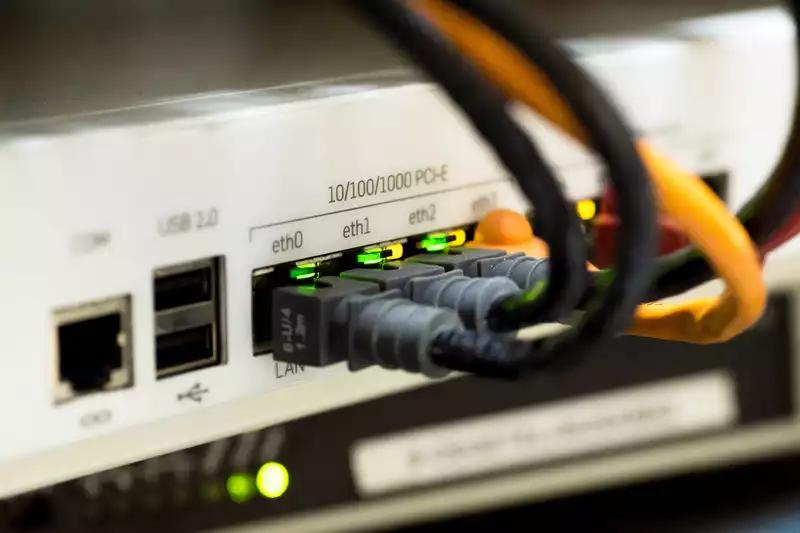Internet service providers are seeing their network capacity being tested as more people telecommute (or simply stay home) during the current pandemic. As a result, video streaming services like Netflix as well as some throttling is occurring. Cox Communications, the third largest cable provider in the U.S., is limiting upload speeds in some areas where overall usage is high.
While this may not seem unusual on the surface, what is a bit controversial is that Cox appears to be punishing customers who happen to be light users who live near customers flagged for "excessive use."
Cox told Arstechnica that heavy data users "use 100 to 200 times more upstream bandwidth than the average household, causing congestion problems in a few neighborhoods. In these neighborhoods, everyone pays a price in the form of limited uploads.
Arstechnica contacted Cox after hearing from a subscriber named Mike in Florida who pays $150 per month. This includes $100 for 1 Gbps download speed, 35 Mbps upload speed, and a cap of 1 TB, plus $50 for an unlimited data plan that is not really unlimited (but can exceed 1 TB per month).
Mike was warned repeatedly by Cox that his data usage exceeded 8 TB per month, which he explained was mostly due to backups from 1:00 AM to 8:00 AM. One of the emails Mike received from Cox informed him that not only his upload speed would be limited, but that the speeds of other Cox subscribers in his neighborhood would also be limited.
"In these unprecedented times, with so many people working from home and going to school, it is important to maintain connectivity. We are committed to providing a positive internet experience for everyone, so we have adjusted the Gigablast upload speed in your neighborhood from 35 Mbps to 10 Mbps until July 15, 2020. Download speeds will not change," Cox said, adding that the ISP did not explain how a 25 Mbps change in upload speeds for users who are active primarily from 1 a.m. to 8 a.m. would affect their networks.
In short, Cox is punishing an entire region for the usage habits of a few or even just one person. In Cox's view, 10 Mbps is still "fast enough for the vast majority of customers. But the ISPs have not explained why they do this rather than throttling only those subscribers who exceed the "unlimited" data limit.
The question arises: could Cox have done this if net neutrality regulations had not been repealed?
An executive at Public Knowledge, a nonprofit public interest group, tweeted in response to this article that Cox's neighborhood-wide throttling "probably would have violated the disclosure rules under the 2015 net neutrality order," and he is not wrong. Even with the net neutrality rules, ISPs had some leeway with respect to "reasonable network management" necessary to "reduce or mitigate the effects of congestion on their networks."


Comments